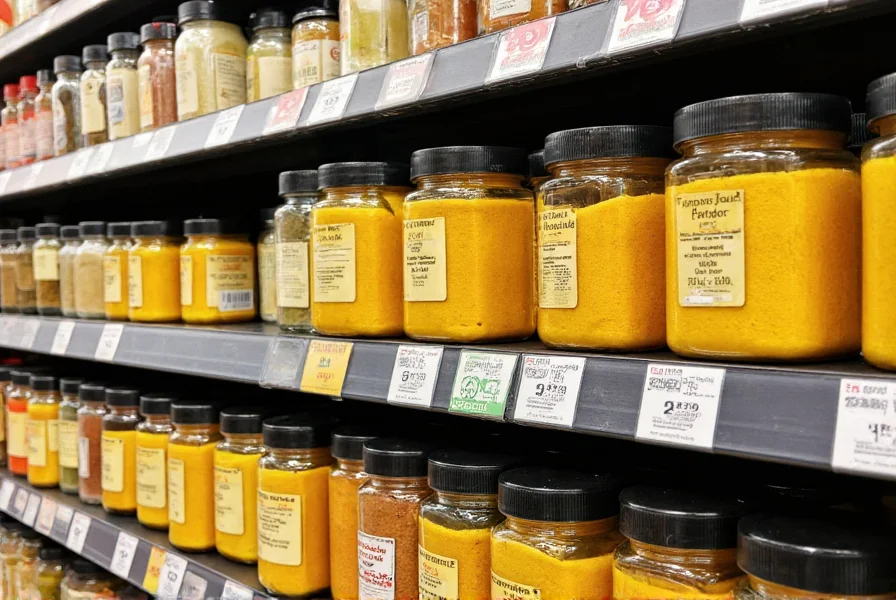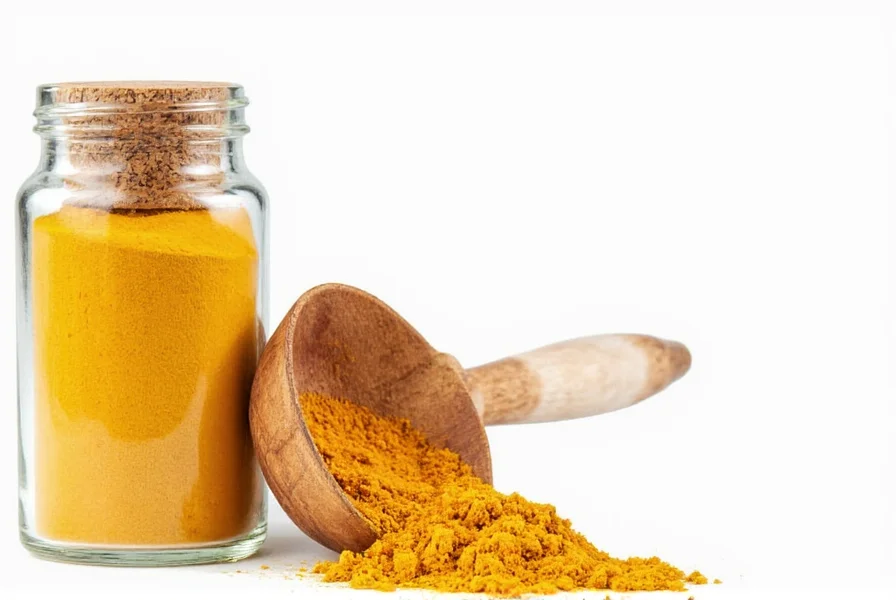When searching for where to buy turmeric powder, understanding your options ensures you get the highest quality product for your needs. This vibrant yellow spice has moved from traditional medicine cabinets to mainstream kitchens and supplement routines due to its potential health benefits and culinary versatility.
Physical Retail Locations for Turmeric Powder
Most Americans can find turmeric powder within minutes at these common retail locations:
Grocery Superstores
Major supermarket chains consistently stock turmeric powder in their spice aisles. Walmart, Kroger, Target, and Albertsons typically carry multiple brands including McCormick, Simply Organic, and store brands. These locations offer immediate access with prices ranging from $3-$8 for standard 2-3 ounce containers. When purchasing at grocery stores, check expiration dates and look for containers that feel heavy (indicating less air space and better preservation).

Specialty Health Food Stores
For higher quality options, health-focused retailers provide superior turmeric powder selections. Whole Foods Market, Sprouts Farmers Market, and local co-ops typically offer organic, non-GMO, and sometimes even fresh turmeric root alongside powdered versions. These stores generally charge 20-40% more than conventional grocery stores but provide better quality control and often include detailed information about sourcing and curcumin content.
Ethnic Grocery Stores
Indian, Pakistani, and Middle Eastern markets represent excellent sources for authentic, high-potency turmeric powder. These stores often carry regional varieties like Alleppey finger turmeric from India, which contains higher curcumin levels. Prices at ethnic markets typically range from $2-$5 for larger quantities (4-8 ounces) compared to standard grocery store offerings. The powder often appears more vibrant yellow and has stronger aroma due to fresher stock and direct import channels.
Online Purchasing Options for Turmeric Powder
When considering where to buy turmeric powder online, several platforms provide distinct advantages:
| Online Retailer | Price Range (per ounce) | Quality Indicators | Best For |
|---|---|---|---|
| Amazon | $1.50-$4.00 | Organic certifications, customer reviews | Convenience, Prime shipping |
| Thrive Market | $2.00-$5.00 | Non-GMO, organic, transparent sourcing | Health-conscious shoppers |
| iHerb | $1.75-$4.50 | Third-party testing, international brands | Supplement-grade turmeric |
| Local Spice Retailers | $3.00-$7.00 | Freshly ground, single-origin | Chefs and quality seekers |
Specialty Spice Websites
Dedicated spice merchants like The Spice House, Penzeys Spices, and Mountain Rose Herbs offer premium turmeric powder options. These retailers typically provide detailed information about harvest dates, geographical origin, and curcumin percentages. While prices are higher ($4-$7 per ounce), the quality justifies the cost for serious users. Many specialty spice websites also sell turmeric in bulk quantities, which proves economical for regular users.
Key Factors When Purchasing Turmeric Powder
Understanding where do I buy turmeric powder is only half the equation—knowing what to look for ensures quality:
Quality Indicators
Examine packaging for these critical elements:
- Curcumin content (should be 3-5% or higher for therapeutic use)
- Processing method (avoid irradiated products which degrade curcumin)
- Origin information (Indian and Southeast Asian turmeric typically has higher potency)
- Expiration date (freshness significantly impacts potency)
- Additives (pure turmeric powder should contain only turmeric)
Avoiding Common Pitfalls
Many consumers unknowingly purchase low-quality turmeric powder. Watch for these red flags:
- Extremely low prices (below $1.50 per ounce often indicates diluted product)
- Vague labeling with no origin information
- Dull color (high-quality turmeric powder should be vibrant orange-yellow)
- Weak aroma (fresh turmeric has a distinctive earthy, slightly peppery scent)
Comparing Value Across Purchasing Channels
When determining where to buy turmeric powder near me, consider these value factors:
- Immediate need: Grocery stores win for instant access
- Quality focus: Specialty spice retailers provide superior products
- Budget considerations: Ethnic markets often offer best price-to-quality ratio
- Convenience: Online retailers provide home delivery and subscription options
For regular users, buying larger quantities (8+ ounces) from reputable online retailers typically offers the best value while maintaining quality. Occasional users might prefer the convenience of local grocery stores despite slightly higher per-ounce costs.
Identifying Premium Turmeric Powder
When exploring where can I find pure turmeric powder without additives, look for these markers of premium quality:
- Certifications: USDA Organic, Non-GMO Project Verified
- Transparency: Detailed information about farm source and harvest date
- Packaging: Opaque containers that protect from light degradation
- Color intensity: Vibrant yellow-orange (not dull or brownish)
- Texture: Fine, uniform powder without clumps
Consider performing a simple water test at home—high-quality turmeric powder will create a vibrant yellow solution without sediment or unnatural color separation.
Frequently Asked Questions
What's the difference between turmeric powder and curry powder?
Turmeric powder contains only ground turmeric root, while curry powder is a blend of multiple spices including turmeric, coriander, cumin, and others. Pure turmeric powder has higher curcumin content and distinct earthy flavor compared to curry powder's complex blend.
How can I verify if turmeric powder is pure and not adulterated?
Check for certifications from reputable organizations, examine the color (should be vibrant yellow-orange), perform a water solubility test (pure turmeric creates clear yellow solution), and look for detailed origin information. Third-party testing results from independent labs provide the most reliable verification of purity.
Does turmeric powder lose potency over time?
Yes, turmeric powder gradually loses potency when exposed to light, air, and moisture. Properly stored in an airtight container away from light, it maintains optimal potency for 1-2 years. After this period, the curcumin content degrades significantly, reducing both flavor intensity and potential health benefits.
What's the best way to store turmeric powder after purchase?
Store turmeric powder in an opaque, airtight container in a cool, dark place. Avoid storing near heat sources like stoves or in clear containers exposed to light. For extended storage (beyond 6 months), consider refrigeration in a moisture-proof container to preserve maximum potency and prevent clumping.
Is there a significant quality difference between store brands and specialty brands?
Yes, significant quality differences exist. Store brands often contain lower curcumin percentages (2-3%), may be irradiated, and have less transparent sourcing. Specialty brands typically offer 3-5% curcumin content, non-irradiated processing, and detailed origin information. The price difference usually reflects these quality variations, with specialty brands costing 30-50% more but delivering superior potency and purity.











 浙公网安备
33010002000092号
浙公网安备
33010002000092号 浙B2-20120091-4
浙B2-20120091-4